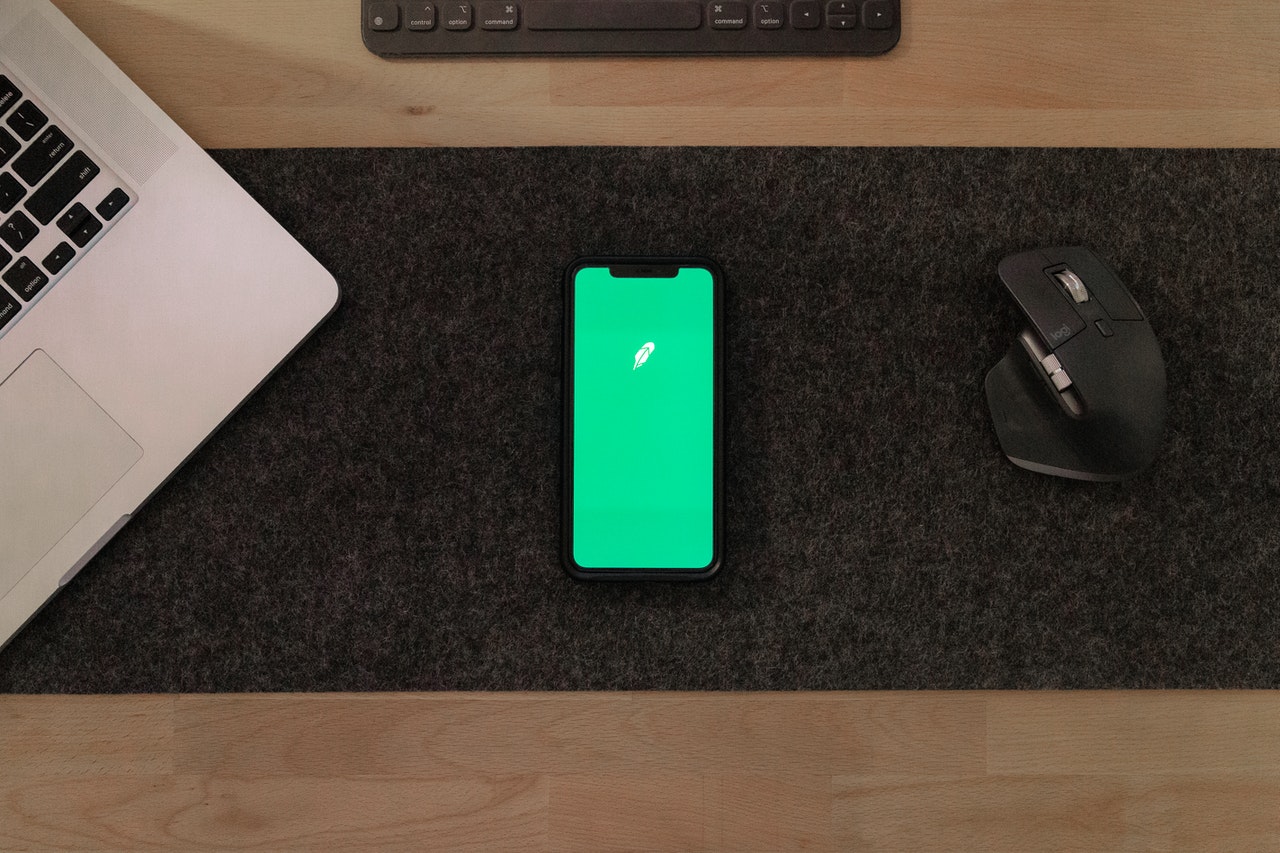
When you hear the name Robin Hood you probably remember the tale of a noble outlaw, bedecked in green, who robs the rich and gives to the poor. However, now when you hear that name, it’s likely you think of the controversial stock trading and investment app, Robinhood (one word).
Robinhood has been making headlines—and not because it’s living up to its namesake. While the app claims, “…the financial system should be built to work for everyone” it has become evident that Robinhood never intended on “the system” working for everyone.
How Robinhood Makes Money
It’s no secret that Robinhood makes money by allowing third parties to spy on your trades. They admit this. Co-Founder Vlad Tenev states:
“When you buy or sell stocks on Robinhood, like many other brokerages, we send your order to market makers like Two Sigma, Citadel, and Virtu, instead of exchanges like NYSE.”
Just who are Two Sigma, Citadel, and Virtu? They’re hedge funds and high-frequency traders (HFTs) that get a first look at your trades through Robinhood. Why are they so interested in your transactions? One possibility is that they’re front-running.
Front-running is when someone else enters a trade to capitalize on advance and non-public knowledge of your pending transaction. For example, if they know you’re about to buy a stock for $20, HFTs may swoop in before you, buy up inventory, which forces you to pay a higher price. By sharing this information with large hedge funds, the deck is stacked against the little guys.
Robinhood denies that they are front-running. Yet in December 2019, Robinhood was fined $1.25 million for execution violations and just a few months ago, the SEC fined them $65 million for misleading customers about their revenue sources.
The Gamification Of Robinhood
Robinhood’s tagline is “Democratizing finance for all.” At first glance, with their no-fee brokerage, this looks to be the case – but dig a little deeper, and it seems like Robinhood is encouraging users to take unnecessary risks.
As Michael J. Burry (played by Christian Bale in the movie the Big Short) recently tweeted:
If you do not use #robinhood, you have to see it to understand what #gamification of #stonks/options means. So here it is. If this looks like a serious investing app to you, and NOT a dangerous casino “fun for all ages”, you’ve been #gamified.
Burry later states:
Zero commissions and gamified apps were designed to feed flows to the two most influential Wall Street trading houses. A few hedge funds got hurt, but if retail is moving toward more trading and away from fundamentals, Wall Street owns that game. #Stonks by design.
What Burry is saying is that Robinhood uses gamification to incentivize addictive behaviour. Using game-design elements such as emojis, vivid colours, and “top movers” leaderboards depicts their app as “fun.” In one gamification example, confetti rains down whenever a user executes a trade.
Regulators, such as the Massachusetts Securities Division, are taking notice. They charge that Robinhood’s gamification tactics are manipulative and addictive, that gamification leads to excessive trading and therefore excessive losses.
Who’s Getting Hurt?
On June 11, 2020, 20-year-old, novice investor, Alex Kearns was informed by Robinhood that he owed $730,000. At first, Alex believed this was a mistake—he tried to contact Robinhood customer service, to no avail. A day later, Alex committed suicide—believing he screwed up beyond repair. On the day he took his life, Robinhood sent Alex an email that clarified that it had all been a mistake, the errant trade resolved. Alex’s parents are suing Robinhood for wrongful death.
This isn’t the only legal trouble Robinhood is facing. After they blocked users from buying “hot stock” – Gamestop and other stocks championed by Reddit day traders (but allowed them to sell)—stockholders launched class-action lawsuits. They claim that Robinhood failed to disclose in a timely manner that they were going to pull a profitable stock from their platform, severely disadvantaging their stockholders because it was available on other platforms.
Angry users bombarded the Google Play store with 100,000 negative reviews of Robinhood. Google deleted them, alleging the reviews were “inorganic.” This is interesting because Google and Robinhood have both been funded by the venture capital firm, Sequoia Capital. Furthermore, when Robinhood was left financially strained by the high volume of trading in January, they were able to raise $1 billion dollars to continue operations, thanks to existing investors —namely, Sequoia Capital. It certainly pays to have “good” friends in high places.
The recent controversies surrounding Robinhood are solid reminders that despite its enticing bells and whistles, Robinhood and its band of merry ‘fat cats’ are only looking out for themselves. The stock market screwing the ‘little guy’ is nothing new but these recent events have definitely made it more apparent. As we enter into the second year of the pandemic, there is no doubt that day trading will continue to boom and more novice investors will jump on the bandwagon in hopes of striking it rich.
Hopefully, trading apps will be held accountable by the government and regulators—and inexperienced users will take to heart the risks involved in trading when you don’t have a myriad of wealthy venture capitalists on your side to bail you out when things go wrong.

